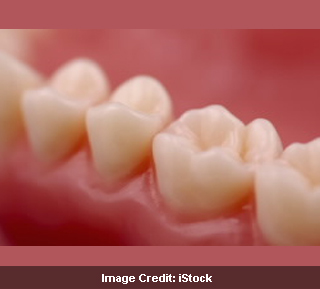
Fluoride apparently plays a crucial role in the battle against tooth decay. Some toothpaste, mouthwash and municipal drinking water probably contain fluoride to prevent decay. It is believed that fluoride enables the enamel to be more decay resistant. Predictions assert that fluoride modifies the main mineral in enamel, hydroxyapatite, into a more-decay resistant material called fluorapatite.
In the current research, it was pointed out that the fluorapatite layer formed is not more than 6 nanometers thick. Almost 10,000 such layers may be utilized to span the width of a human hair. So the shield appears 10 times thinner than previously shown. Frank Müller and colleagues question whether a layer so thin that is quickly worn away by ordinary chewing can really protect teeth from decay. Fluoride is apparently able to safeguard tooth enamel by some other unrecognized effect. Understanding this effect can possibly open doors to better ways of protecting teeth from decay.
The research was published in ACS’ journal Langmuir.
